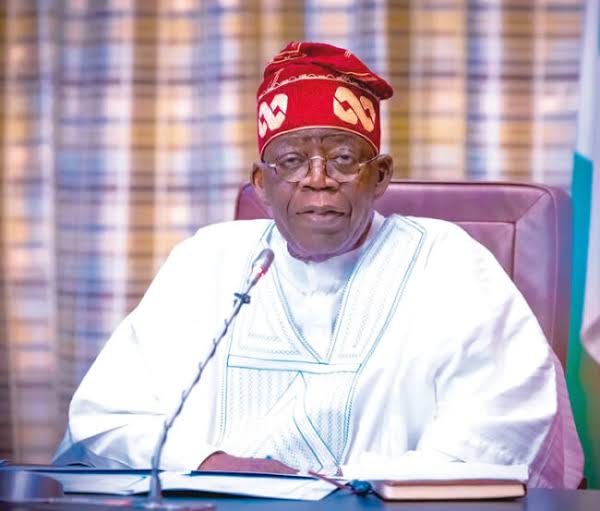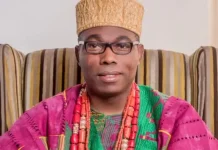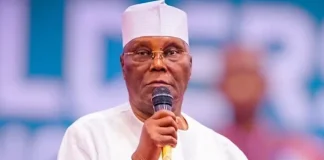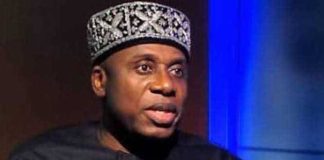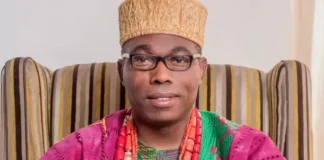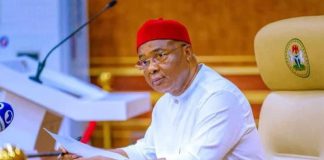🌿 Ruzu Non-Alcoholic Herbal Bitters
Ruzu Non-Alcoholic Herbal Bitters is a natural health supplement specially formulated to:
- ✅ Promote general wellness
- ✅ Detoxify the body
- ✅ Support the treatment of various ailments
Made from a powerful blend of 100% organic and medicinal herbs, Ruzu is completely alcohol-free, making it ideal for:
- 👪 All age groups
- 🌱 Health-conscious individuals
- 🌿 Anyone seeking non-alcoholic herbal remedies
Whether you're looking to boost your vitality, cleanse your system, or support healing the natural way, Ruzu Bitters offers a trusted herbal solution.
The presidency has clarified that President Bola Tinubu is not seeking a new $24 billion loan, as was previously submitted to the National Assembly.
The proposed borrowing, which would increase the existing debt stock by around ₦38.24 trillion and could elevate Nigeria’s total public debt from ₦144.67 trillion at the end of 2024 to over ₦182.91 trillion by 2026, has drawn criticism from opposition parties and political elites, according to reports.
Tope Ajayi, the Senior Special Assistant to the President on Media, clarified in an interview on ‘Real Talk With Kike’ that President Tinubu is not taking out a new $24 billion loan; rather, he has only submitted a loan proposal to the National Assembly.
As per Tope, the federal government can present its borrowing plan to the National Assembly under the Fiscal Responsibility Law, and this does not automatically imply that money will be borrowed.
Tope further noted that Tinubu’s $24 billion loan initiative encompasses the Federal and state governments, along with the FCT, emphasizing that only the president is authorized to engage in external borrowing.
Read Also: Chelle Declares Osimhen the Finest Striker in World Football
He stated, “The administration is not taking on debts of $24 billion or $21 billion. According to the fiscal responsibility law, the government submits the borrowing plan to the National Assembly. It constitutes a plan, rather than an indication that the government will not borrow tomorrow. This plan involves borrowing not just by the federal government, but also includes both state and federal governments. The borrowing plan spans three years.
“The president cannot visit the National Assembly every three or six months to talk about borrowing. The law allows the president to propose a three-year borrowing plan that encompasses the states and the FCT. It is important to understand that only the President has the authority to borrow externally, and no state can do so regardless of the project you are involved in.
The President has included the plans of all states in the three-year borrowing plan, which is then submitted to the National Assembly for examination, discussion, and approval. Having a plan does not guarantee that funds will be allocated, but it is beneficial for planning purposes. The truth is that the Nigerian debt is being paid by the federal government. The FG has recently settled a ₦300 billion Sukuk (Islamic bond) and a $3.4 billion IMF loan related to Covid-19.
The Federal government and states, including the FCT, are reducing their debt using funds generated from the fuel subsidy. The fuel subsidy policy enables many states to finance their projects and cover salary expenses. The funds saved from the fuel subsidy are what the federal, state, and local governments are using.

